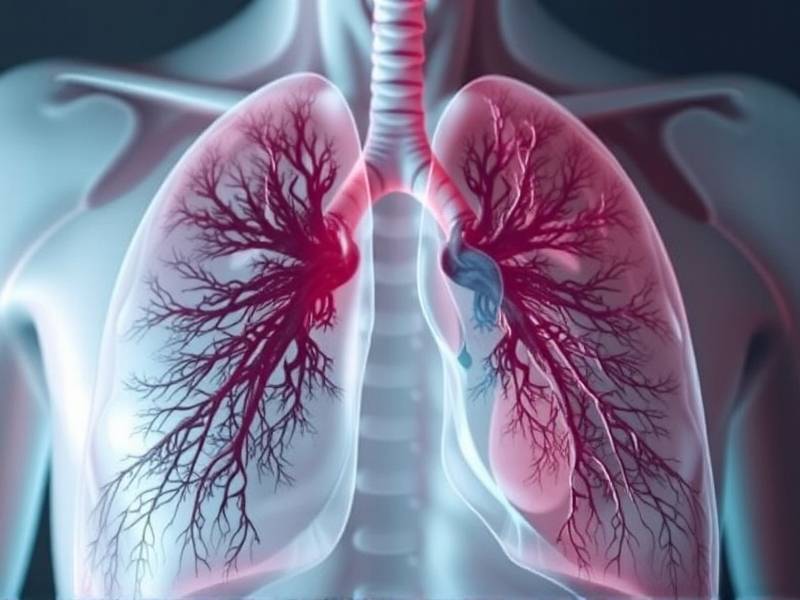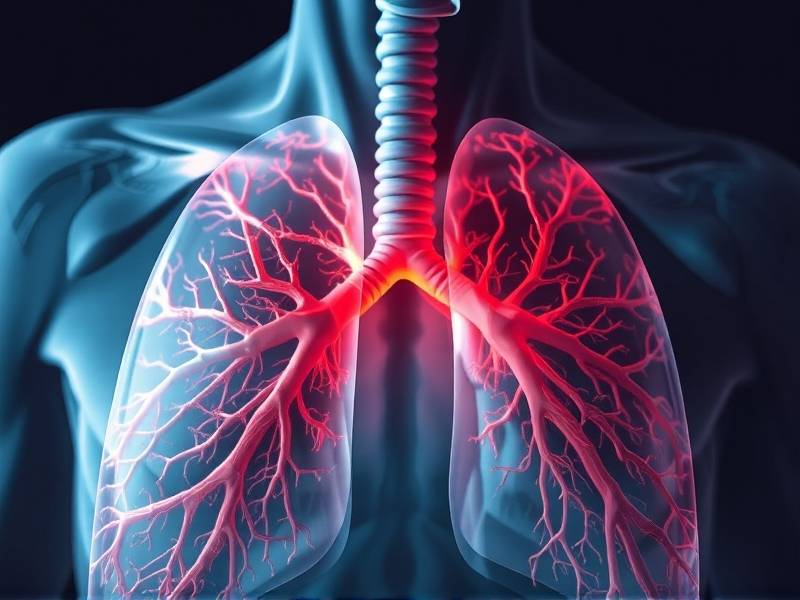Can Lungs Be Repaired After Quitting Smoking?
Understanding the Damage of Smoking
Smoking has long been recognized as a leading cause of lung disease and other health issues. The smoke from cigarettes contains thousands of chemicals, including hundreds that are toxic and at least 69 known to cause cancer. Over time, these substances can lead to significant damage to the lungs, affecting their ability to function properly.

The Healing Process
When you quit smoking, your body begins an impressive healing process. It's important to note that the extent of lung repair is individual and depends on various factors such as age, overall health, and how long you've been smoking. However, the following changes occur in your lungs after quitting:
Immediate Benefits
- Improved Oxygen Levels: Within hours of quitting, your blood oxygen levels begin to rise.
- Decreased Carbon Monoxide: Carbon monoxide levels in your blood drop significantly within 12 hours of quitting.
Short-Term Improvements
- Increased Coughing: As your body clears out mucus from the lungs, you may experience increased coughing for several weeks.
- Enhanced Lung Function: After a few weeks or months, lung function typically improves significantly.
Long-Term Healing
- Reduced Risk of Disease: Over time, your risk of developing chronic obstructive pulmonary disease (COPD), lung cancer, and other smoking-related diseases decreases.
- Improved Lung Capacity: Your lung capacity may continue to improve for years after quitting.
Scientific Evidence
Research supports the idea that quitting smoking can lead to significant lung repair. A study published in the American Journal of Respiratory and Critical Care Medicine found that former smokers had lower levels of emphysema than current smokers. Another study in the Journal of Thoracic Imaging showed that ex-smokers had improved airflow obstruction compared to those who continued smoking.

Personal Stories
Many individuals have shared their experiences with lung repair after quitting smoking. Sarah, a former heavy smoker who quit five years ago, says she noticed her cough decreased significantly within a few months. "My energy levels have also improved," she adds.
Similarly, Mark quit smoking 10 years ago and now has no signs of COPD or emphysema. "I feel healthier than I did when I was smoking," he explains.
Taking Action
If you're considering quitting smoking or have recently quit, it's important to take steps to support your lungs' healing process:
- Stay Active: Regular exercise can help improve lung function.
- Avoid Secondhand Smoke: Secondhand smoke can hinder lung repair.
- Seek Support: Joining a support group or seeking professional help can be beneficial.
In conclusion, while it's true that damaged lungs cannot be completely restored after years of smoking, there is significant potential for repair and improvement after quitting. By taking proactive steps and staying committed to a smoke-free lifestyle, you can enhance your chances of regaining healthy lungs.
